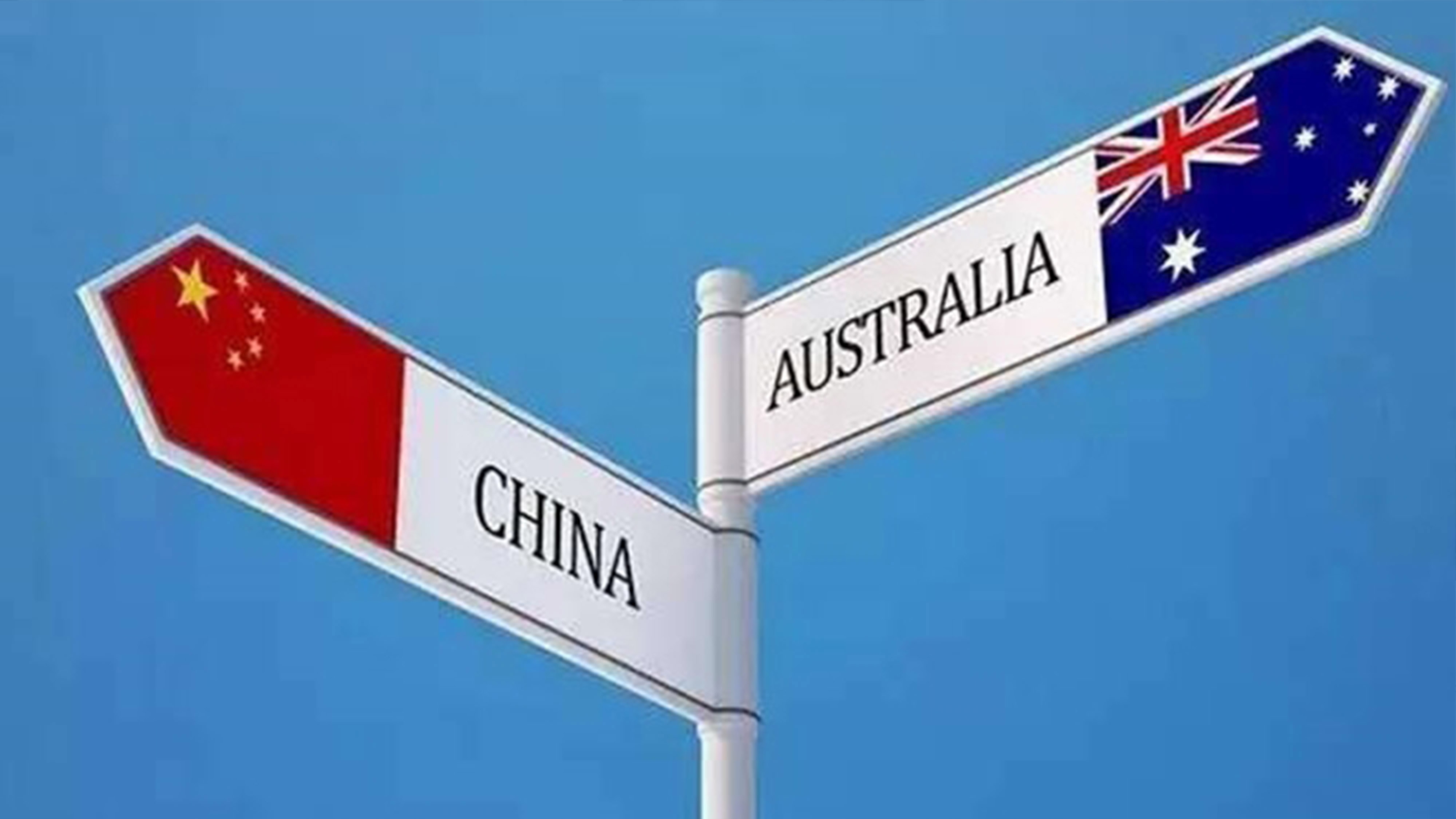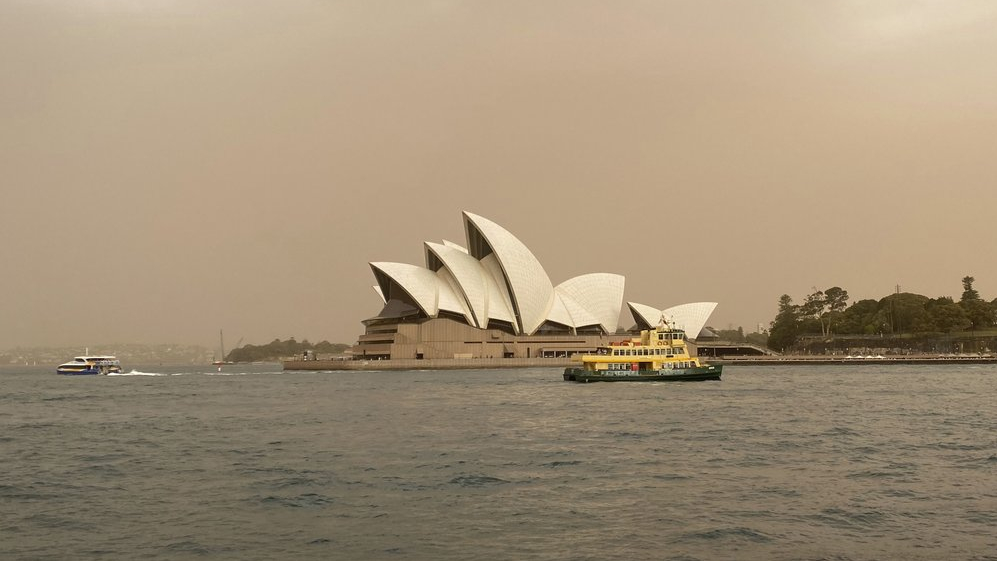
Editor's note: Tom Fowdy is a British political and international relations analyst and a graduate of Durham and Oxford universities. He writes on topics pertaining to China, the DPRK, Britain, and the U.S. The article reflects the author's opinions, and not necessarily the views of CGTN.
On June 26, Australian Labor MP for New South Wales Shaoquett Moselmane had his house raided by police to what the country's media have insinuated as links to "the Communist Party of China." The legislator had been forced to resign from a position as assistant president of the upper house for daring to praise Xi Jinping for showing leadership in handling the COVID-19.
Moselmane denies all wrongdoing, and several Australian outlets have also accused him of taking "funded trips" to China in the midst of the publicity storm. The police have stated an investigation is ongoing.
The event marks yet another development in tensions between China and Australia, which has seen relations between the two pacific countries deteriorate as Canberra has taken an increasingly hostile and paranoid approach to Beijing which has penetrated its government, society and media, whipping up constant rhetoric of a "China threat" and "China influence."
The approach has increasingly lacked reason and balanced judgement, vastly exaggerating Beijing's role in the country and even moving towards persecuting those with dissenting views. Australia is moving towards becoming a McCarthyist state, whereby China is becoming an all-weather bogeyman. This isn't in its national interest.
Australia has a long and rooted history of fermenting prejudice and excessive fear of China. In the late 19th and early 20th centuries, the country was an advocacy of "Yellow Peril" whereby literature promoted the idea that the continent was at a constant risk of a mass influx of Chinese workers who would with their cheap labor undermine jobs and destroy the country's "values."
The fears led to the implementation of the White Australia policy in 1901, which banned Asian people from migrating. During World War II, Prime Minister John Curtin stated: "This country shall remain forever the home of the descendants of those people who came here in peace in order to establish in the South Seas an outpost of the British race."
The White Australia policies would last until the 1960s. Of course times have changed, the country has become multicultural and many Chinese people have since made it their home. However, as economic ties between the two countries have intensified and China has become a crucial partner for Canberra, the discourse of a "Chinese fear" has resurfaced at a dramatic pace. The country's media has on this note become completely one sided, as a The Diplomat article by Dan Hu in February notes: "Media monitoring company Streem wrote in late September of last year that 'there has been a sharp spike in reporting about China' during the examined period between January 2018 and August 2019. The period from June to August 2019 witnessed a record high in China stories."

Sydney Opera House is backdropped by haze from wildfires near the city, in Sydney, Australia, November 12, 2019. /AP
Sydney Opera House is backdropped by haze from wildfires near the city, in Sydney, Australia, November 12, 2019. /AP
As a result of this growing hysteria, many Australians been led to erroneously believe that China's influence in Australia is too large, it is completely "dependent" upon Beijing and that it is literally, "buying up the country." But there are some problems with this narrative – the "influence" aspect is completely overstated.
First of all, whilst China is Australia's largest foreign trade partner due to mining and minerals, it ranks only ninth in Foreign Direct Investment, behind countries such as the U.S., the UK, Japan and even small countries such as Belgium, the Netherlands and Luxembourg.
In addition, it also owns less agricultural land and real estate (a claim often leveled at it) than most of these countries as well. Dan Hu further noted: "Chinese nationals have been constantly blamed for pushing property prices to record highs by snapping up houses in Australia."
Undoubtedly, the claim of a "China threat" and "excessive influence" in Australia is a narrative, yet it is one which despite facts to the contrary, has gained growing momentum in public discourse to the point everyone who does not comply with it on a public level is held suspect or malign in a given way.
This rhetoric has subsequently taken a considerate toll on relations, and the debate is so one-sided that Australians do not seem to comprehend why China and its media are becoming increasingly critical of the country and its behavior, merely adding any developments into a broader conception of "Chinese aggression."
In reality however, Australia has poured petrol over its own relations with Beijing and whipped up mass hysteria which has left the country unable to reason and manage its national interests in a balanced or stable way. The denouncement of Shaoquett Moselmane and the raid on his home illustrates the country's march to becoming a McCarthyist state, with no willingness to put the break on deteriorating relations.
(If you want to contribute and have specific expertise, please contact us at opinions@cgtn.com.)